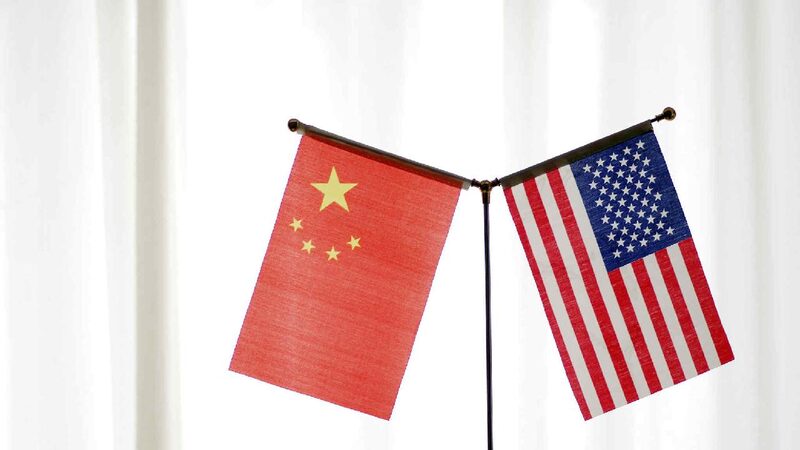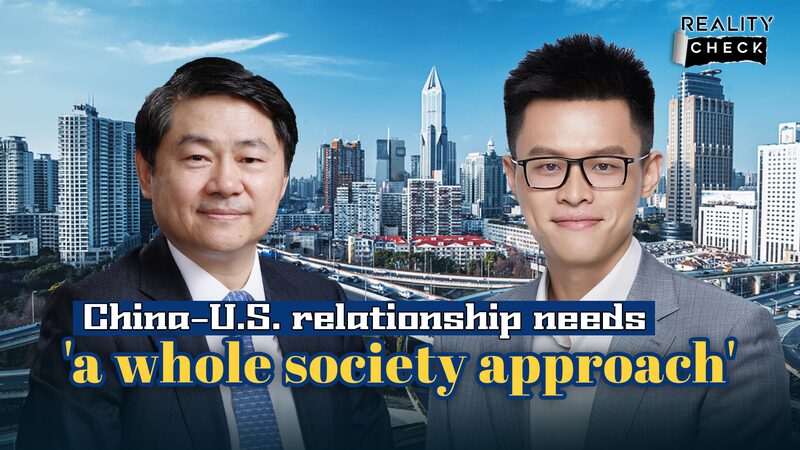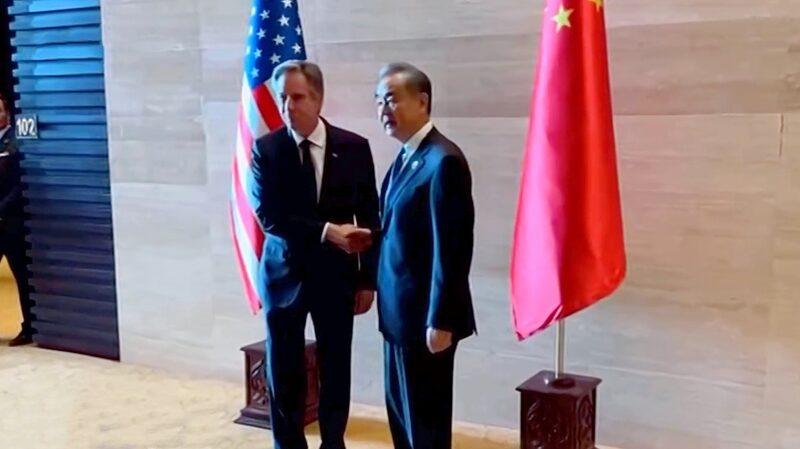High-level diplomacy is back on the menu as China and the U.S. ramp up efforts to stabilize their complex relationship. Recent meetings between Wang Yi, Director of the Foreign Affairs Commission of the Communist Party of China Central Committee, and U.S. National Security Advisor Jake Sullivan in Malta highlighted both nations’ urgency to address geopolitical tensions while keeping dialogue alive. 🕊️
Bridging Divides, One Conversation at a Time
The Malta talks focused on Asia-Pacific security, maritime disputes, and aligning foreign policies. Both sides pledged to maintain high-level engagement—a critical step to avoid misunderstandings in an era of tech wars and climate crises. 🌐 Wang emphasized China’s commitment to peaceful development, stating, \"The Chinese people cannot be deprived of their legitimate right to development.\"
The Taiwan Question: A Non-Negotiable Red Line 🚨
Wang reiterated that U.S. adherence to the one-China principle is non-negotiable, urging Washington to avoid supporting \"Taiwan independence\" forces. This comes as the Taiwan region remains a flashpoint in cross-strait relations. Recent U.S. arms sales to the island have further strained ties, testing Beijing’s patience.
Climate and Collaboration: A Silver Lining? 🌱
Amid friction, cooperation persists. Chinese Vice President Han Zheng met U.S. climate envoy John Kerry at the UN General Assembly, stressing joint responsibility to tackle global warming. Meanwhile, President Xi Jinping’s letter to U.S. aviation veterans highlighted shared history: \"China and the U.S. share responsibilities for international peace,\" he wrote—a nod to WWII-era camaraderie between the Flying Tigers and Chinese forces.
What’s Next?
While both nations agreed to boost cultural exchanges and follow through on last year’s Bali consensus, skepticism remains. Can the U.S. match its rhetoric with action? For now, the world watches as these two giants navigate a tightrope of rivalry and mutual dependence. 💡
Reference(s):
The importance of continuous China-U.S. bilateral communication
cgtn.com




